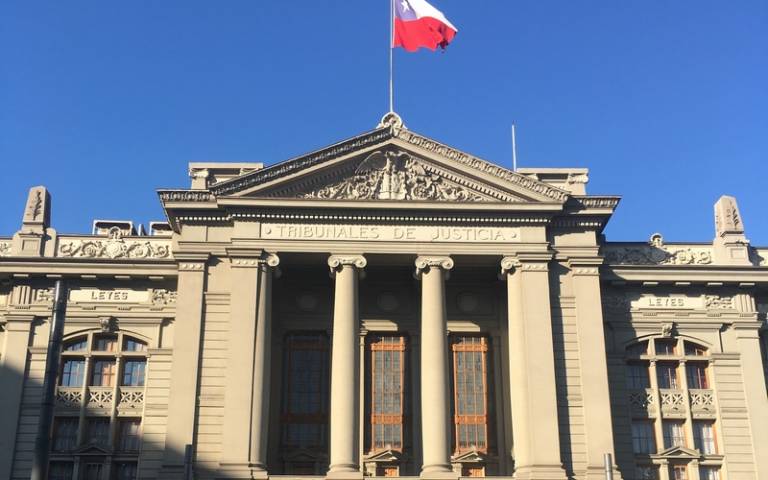Preventing torture in Chile through policy and legal reform
Research on torture prevention in Chile is informing legal and policy reform to reduce violence against prisoners and hold perpetrators to account.

8 October 2020
Since 2010, Dr Par Engstrom (UCL Institute of Americas) has been working with human rights organisations and local stakeholders in Chile on measures to prevent torture.
“Torture has been used in Chile to quell political and social conflict” explains Dr Engstrom. “Since the fall of the military regime in 1990, reports of torture have declined, but police still sometimes violently repress social protest and the authorities have historically failed to prosecute torture practices.”
In 2014 Dr Engstrom was commissioned by the Association for the Prevention of Torture (APT), a non-governmental organisation based in Geneva, to conduct research for a global study on torture interventions.
““My research is designed to measure the effectiveness of a wide range of possible torture prevention measures and so contribute to policy and legal reform to reduce the incidence of torture,” he explains
By interviewing and surveying key stakeholders, including state officials, he looked at how torture and other ill-treatment in Chile, has evolved in the past 25 years. “This helped me to identify which torture prevention mechanisms were working and how these could be promoted and strengthened to prevent further ill-treatment,” he explains.
Dr Engstrom found that specific policy interventions, such as legal safeguards, independent monitoring and criminal sanctioning, reduced the risks of torture of vulnerable groups. He went on to explore how the UN Optional Protocol to the Convention Against Torture (OPCAT) could be implemented in Chile and worked with a range of local stakeholders and the APT to encourage reforms.
“I’m delighted that we are now seeing concrete policy and institutional changes in torture prevention mechanisms in Chile,” he adds.
“In 2016 a new Chilean law defining the offence of torture was finally adopted and through APT’s advocacy and lobbying, a National Torture Prevention Mechanism for Chile has been agreed and is currently being implemented.”
 Close
Close


